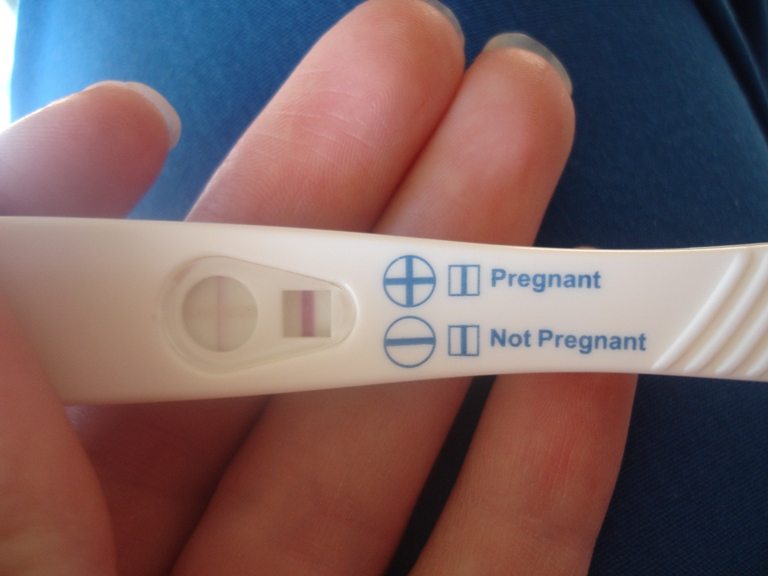By Michelle Maltais
Los Angeles Times.
Ladies, how likely would you be to take a pregnancy test in the bathroom of a bar?
Bars and restaurants in Alaska are set later this year to have home pregnancy test dispensers installed in their bathrooms.
Forget all of the awkwardly comedic images of the logistics of testing for something so life-altering in a place so public.
This is part of a prevention study looking at how best to drop the numbers of children afflicted with a disorder that is 100% preventable: fetal alcohol syndrome.
“We know alcohol crosses the placenta,” perinatologist Dr. Rachel Gutkin told The Times in an interview. “Within two hours, there is alcohol in the placenta.”
No one can say how much alcohol a mother can safely consume, but the effects on baby can be irreversible, she said.
Alaska has the highest reported rate of fetal alcohol syndrome in the United States, according to the state’s Department of Health and Social Services. Officials estimate that about 163 children born each year (or 16.3 per 1,000 live births) in Alaska are reported to the Alaska Birth Defects Registry as affected by prenatal exposure to alcohol.
While Fetal Alcohol Syndrome can be punctuated by specific attributes, including changes in the face and organ defects, FASD can go undetected at birth and emerges over time. However, the challenges will follow children into adulthood, throughout their lives, Gutkin said.
Enter Dr. David Driscoll and pregnancy test dispensers.
Driscoll is director of the University of Alaska at Anchorage’s Institute for Circumpolar Health Studies (ICHS) and leads the research team that will study the impact of placing 30 dispensers with a “think before you drink” message on it in six communities. Another six communities will get just a framed poster with the same message.
He said in an interview with The Times that the team expects the test is likely to leave more of an impression. It has certainly already garnered nationwide media coverage.
The two-year, $400,000 project is state-funded and will include surveys and follow-ups with women who see the message. The team has been working out the logistics of the study, including what brand-name pregnancy tests to use, and will install the dispensers in December.
The idea of placing pregnancy test dispensers where alcohol is served isn’t a new one, actually. It started in Minnesota, when educator-turned-health advocate Jody Allen Crowe decided to try to stem the overwhelming incidence of children with Fetal Alcohol Spectrum Disorder.
After seeing the impact of FASD on his students, he started Healthy Brains for Children. The volunteer organization was able to install pregnancy test dispensers with the “think before you drink” message and FASD information in bathrooms at a university bar, convenience store near campus and in the unisex bathroom at a youth center.
Over the years, the group has collected anecdotal evidence of the efficacy of its efforts. “Having Alaska take this on means empirical evidence,” Crowe said.
Speaking of evidence, those tests women will find in the bar can actually serve as more than the FASD-awareness messenger.
“These tests are highly accurate,” said Gutkin, who is also an assistant clinical professor at UCLA School of Medicine. They can, in fact, detect pregnancy about 14 days after conception, some earlier, said Gutkin. (Remember that conception can take a few days after intercourse.)
That might be more than you want to ponder in the bathroom of a bar. But Crowe puts it this way: “I tell people every drink that a pregnant woman holds in her hand has the potential to take potential away from kids.”














































































































































































































































































































































































